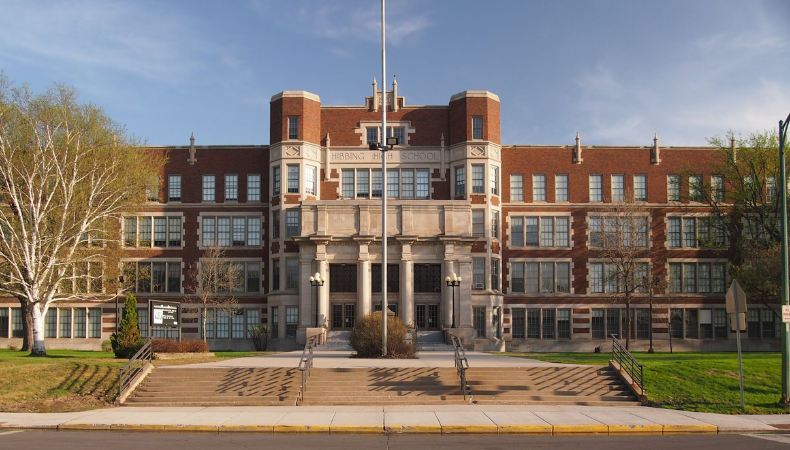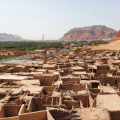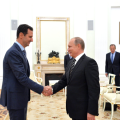What Role do American Schools Play in the Middle East?

American educational institutions have been a pillar of the Middle East for more than a century, profoundly altering its social, cultural, and economic landscape. But their impact is varied and even controversial, revealing a rich tapestry of repercussions and effects.
Establishing an elite with Western orientation
In the past, American Middle Eastern schools turned into missionary initiatives importing Western ideas and curricula. Over time, these places evolved to become secular institutions catering a broader broad socioeconomic spectrum. Approved from a Western standpoint, these colleges have consistently produced leaders in business, politics, and social media. This influence has tremendously affected the modernity and global commercial integration of the region. Many times, alumni of these colleges integrate Western ideas of democracy, critical thinking, and innovation into their specific disciplines.
Knowledge Exchange and Economic Consequences
Apart from their impact on elite formation, American institutions significantly support economic development. Providing courses complying with international standards enables students to pick up skills desired by the current workforce. Many times associated with international accreditation agencies, these institutions ensure that their curricula meet strict requirements. American universities also frequently collaborate with surrounding businesses, providing research opportunities supporting innovation and creativity as well as internships. This cooperation supports economic development and variety in the region by means of knowledge transfer and bridging of the gap between academics and industry.
Divide or bridge in culture?
Clearly, American institutions have been cultural bridges fostering cross-cultural awareness. Including diverse points of view helps these schools to build tolerance and empathy, therefore inspiring them to be global citizens. Programs for cultural exchange, international student enrollment, and a course of instruction involving world events help to close gaps. Critics respond that these universities can unwittingly enable graduates to feel cultural estrangement. A divide between the elite educated in these institutions and the wider society can develop from possible social stratification and cultural dissonance brought about by the Westernized surroundings and educational approach.
Keep On Reading
Prospectives and Challenges
American institutions cope with various challenges in a field dominated by political turbulence and rapid social change. Geopolitical problems can also affect how these institutions are administered and perceived; these involve financial sustainability, teacher recruitment and retention in a changing environment, curriculum adjustment to fit local cultural sensitivity with Western educational concepts, and so on. Still, there is a lot of opportunity for positive impact despite these obstacles. By stressing STEM education, entrepreneurship, and civic engagement, these groups can help students to solve most pressing local issues. Initiatives aiming at community service emphasis, infrastructure and technology investments, and relationships with local governments and NGOs help to increase their relevance and influence.
The Changing Task
All things considered, American influence in the Middle East is varied and complex. They have surely contributed to the area’s growth, but their impact is not without difficulties. These institutions have to balance recognizing local customs and cultures with giving a Western education on the thin line. The Middle East is evolving, and along with it the purpose of these establishments evolves. Maintaining their relevance and responsiveness to the local needs asks for continuous modification, contact with surrounding populations, and a commitment to deliver inclusive and complete education.
By evolving with the changing dynamics of the region, preparing next generations to lead, building bridges in a world becoming more linked by the day, American institutions might remain a tool for good.






